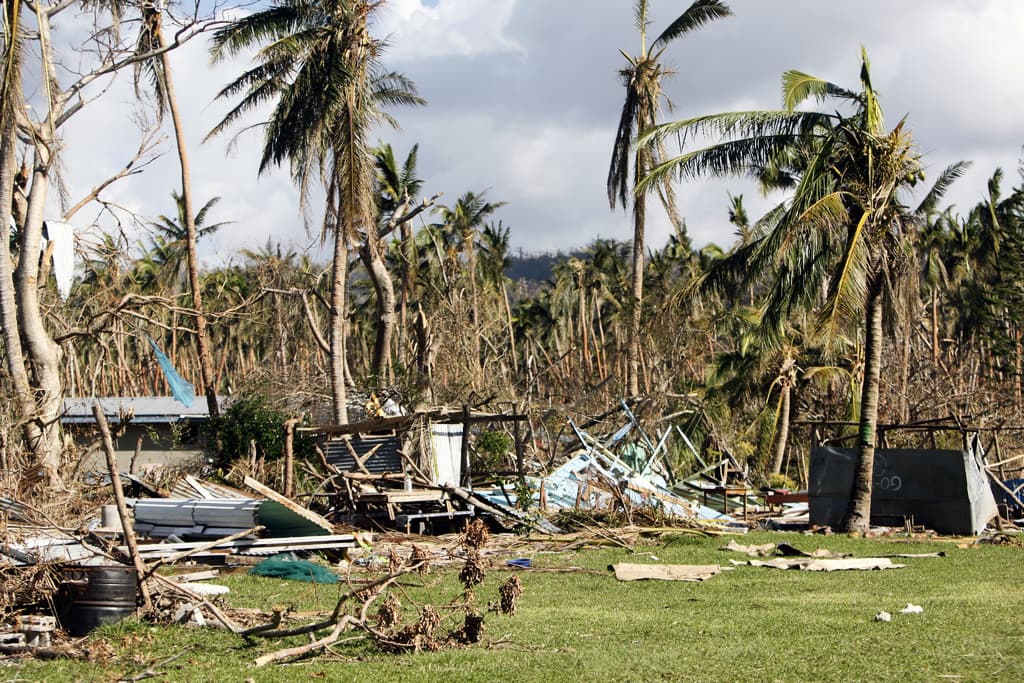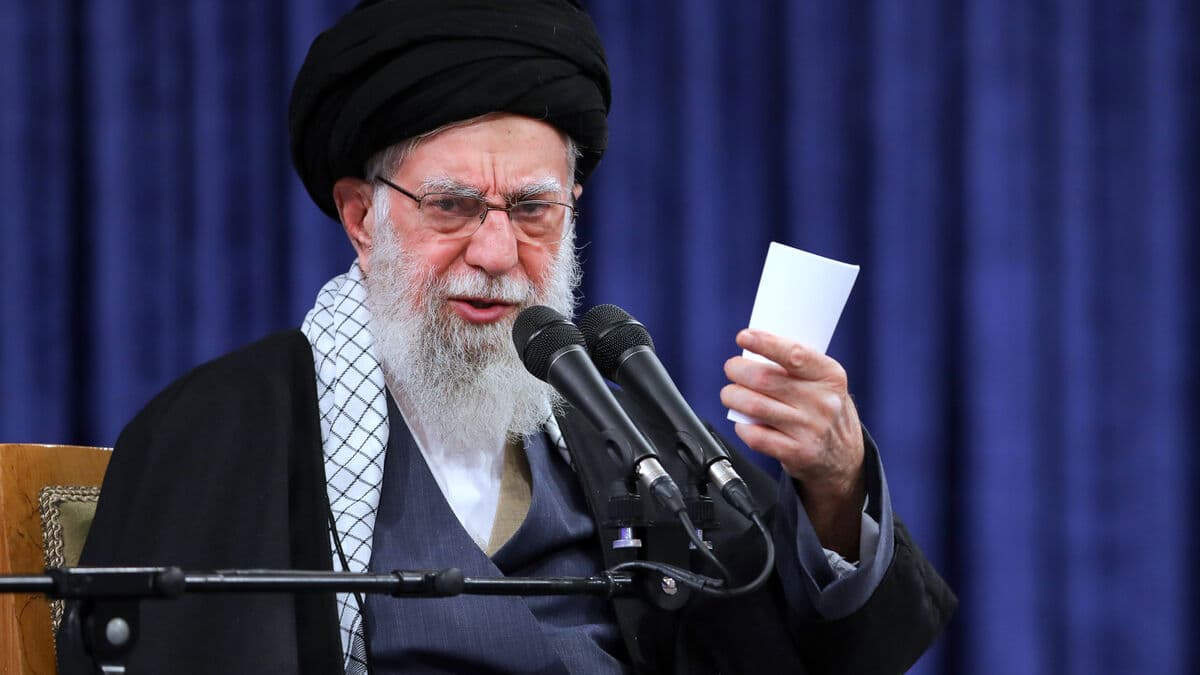Vanuatu is one of the island nations fighting for its future on the front line of climate change.
Villages have had to relocate since rising sea levels have destroyed access to fresh water and the increasingly warm sea water has damaged coral reefs, exacerbated cyclones, and caused the economically vital tuna fish to seek out other areas.
The Pacific nation has taken the lead in an initiative that prompted the UN General Assembly to request a legal opinion from the International Court of Justice (ICJ) in The Hague in March 2023 regarding states' obligations related to climate change.
A victory for climate justice of epic proportions, said Vanuatu's Prime Minister Ishmael Kalsakau at the time.
And at the end of last week, the ICJ announced that hearings will begin on December 2 this year.
Two questions
The UN court will attempt to answer two questions: What obligations do countries have to protect the climate and environment, and what should the legal consequences be for governments that, through inadequate measures and large emissions, destroy the climate in a way that affects others? The court will particularly weigh the obligations towards small, vulnerable island nations as well as towards future generations.
The ICJ, often referred to as the world's highest court, typically settles disputes between countries but also provides advisory opinions that interpret how existing international agreements should apply to new issues. These are not binding, but are seen as a way to put pressure on governments and courts and pave the way for future lawsuits.
It is expected to take several months, possibly years, before the ICJ delivers its opinion. It is unclear how many countries or organizations will attempt to make their voices heard during the hearings or how long they may take.
Taken to court
More and more climate cases are being taken to courts and tribunals around the world, as a way to try to get decision-makers and companies to do more to reduce greenhouse gas emissions that are warming the planet.
In May, for example, nine small island states won what has been described as a historic case in the International Tribunal for the Law of the Sea, which means that countries that have signed the UN Convention on the Law of the Sea must do more to protect the oceans from climate change.
The International Court of Justice (ICJ) settles disputes between UN member states. Has its seat in The Hague.
Can also issue so-called advisory opinions on legal issues at the request of the UN Security Council, the General Assembly, UN specialized agencies, and other organizations.
Source: National Encyclopedia






